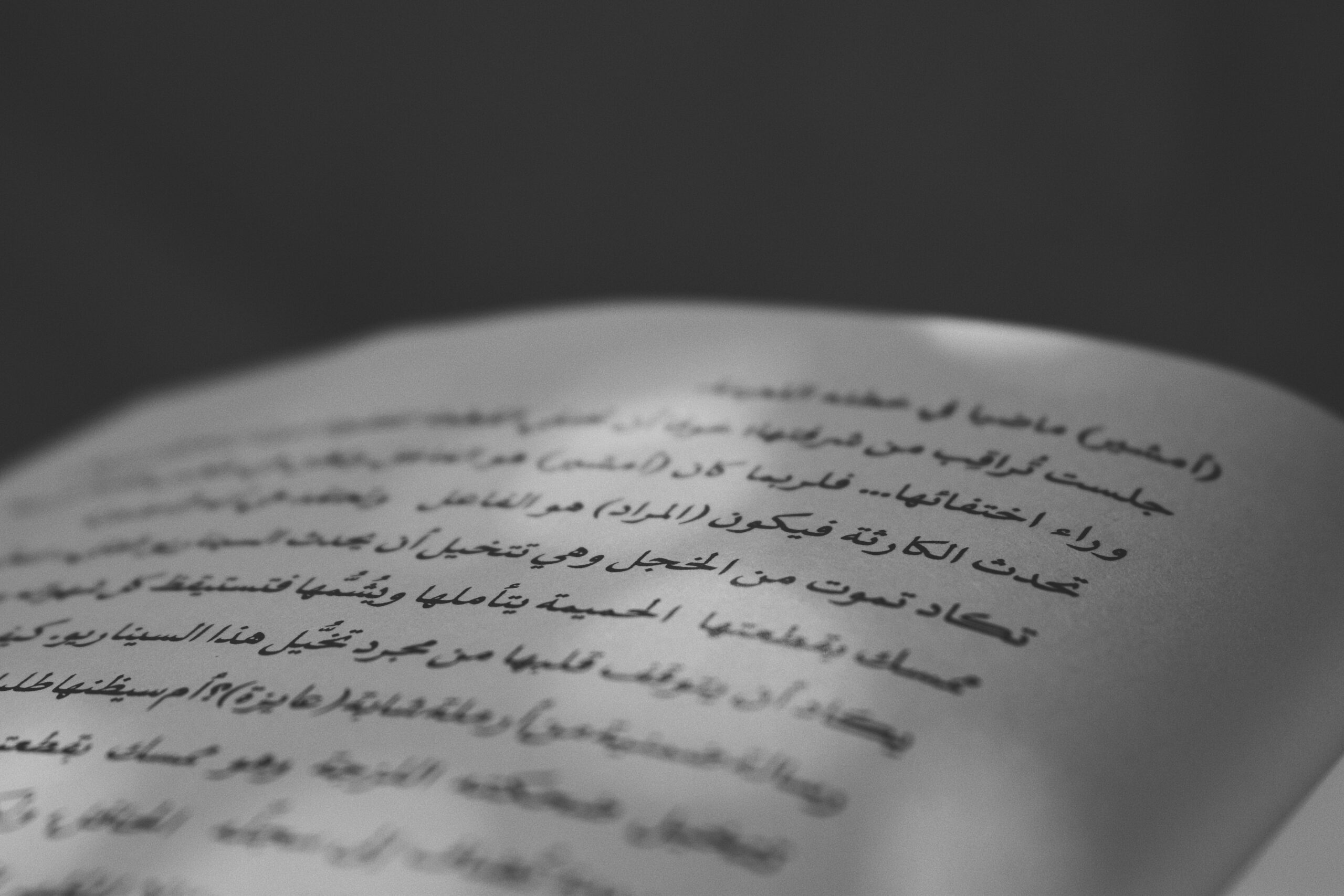My bloke and I have just been to Lanzarote, a wonderful trip (i.e. cheap & sunny). Shining blue skies, 26 degrees all day, volcanoes, cactus and frothing waves punched by Atlantic gusts. You get the picture. Though we went hand-baggage only – easier than it sounds, you can buy sun-cream and T-shirts anywhere these days – I still managed to pack two books. For me any holiday without reading is exile to an unlit barren land.
I took Noami Klein’s Doppelganger (an intriguing, original yet also quite hard-going trip into the mirror world) and Denise Mina’s Rizzio – a breath-holding account of David Rizzio, personal secretary to Mary Queen of Scots, being quite literally butchered in 1566 (utterly loved it even as I flinched).
By serendipitous chance, two of our best friends were holidaying on the isle that week too. We met up, and – hurrah! – they gave us late Christmas presents; always a boon in January when we’re all broke. Anyway, my gift was another book – Forest of Noise, poems by Mosab Abu Toha from Gaza.
In my experience, books, whether polemics, novels, poems or blood-drenched thrillers, roll with us as we skitter through life. Recently I started writing my fourth book; and notice that whenever I begin something of length, my reading picks up too. Because writing and reading are the contours of my interior landscape; they sooth, provoke and calm me, make me laugh, flinch or even howl. When I’m alone, I often talk with authors, and characters, carry them to bed and sometimes into my dreams. Without books I am quite desolate.
In wars, books and the people who write them are targeted, detained and killed because of the existential threats they pose to violent belligerents; the Taliban has killed many writers, so has the Junta of Myanmar, the government of Egyptian dictator Abdel Fattah el Sissi (writer Alaa Abd el-Fattah is still clamped in prison though his five-year term ended months ago). An unfinished war memoir by Ukrainian author Victoria Amelina has just been posthumously published; Victoria herself slain by a Russian bomb in Kramatorsk, East Ukraine, in July 2024. And today (16 February) is one year since the murder of Alexei Navalny in a desolate Russian penal colony known mockingly as Polar Wolf Arctic Camp.
If writers, poets and publishers didn’t threaten the oppressive status quo, they would not be stalked, marked or murdered.
Just a few days ago, Israeli police raided two branches of the Palestinian Educational bookshop in Jerusalem. They ransacked the premises, looted books and detained two booksellers, Mahmoud and Ahmed Muna, on suspicion of ‘violating public order’. One of their potential violations was stocking a children’s colouring book apparently inciting terrorism. This article from the excellent Palestinian-Israeli 972 magazine explains what happened in detail. By the way, the inept Israeli police didn’t speak Arabic, so resorted to Google Translate to understand the offending titles. I sometimes use google translate too, and can assure them it’s sketchy as hell.
Jesting aside, targeting the Educational bookshops is another rung on Israel’s climb towards authoritarian dictatorship. Three things you need to know: first, the Israeli government crackdown on freedom of expression since October 2023 means that 17 Palestinian writers are now in prison in Israel, which is now one of the worst global offenders in PEN America’s Freedom to Write Index. Second, Israel is currently holding 8 of these 17 Palestinian writers in administrative detention, i.e. without evidence nor formal charges; third, the war in Gaza has claimed the lives of more journalists than any other war in almost 25 years.
Donald Trump has further emboldened Netanyahu’s anti-democratic government to threaten ‘the gates of hell’ on Palestinians locked inside Gaza amidst this teetering ceasefire. It’s no coincidence Israeli forces are stalking and violently bullying writers and journalists, including Mosab Abu Toha, detained and beaten by the Israeli Defence Force in November 2023 as he fled their bombing with his family.
Let me finish by sharing a quote from Mosab’s book, Forest of Noise, which goes……”in the kitchen, the table is missing/ in the house, the kitchen is missing / in the house, the house is missing/ only rubble stays, waiting for a sunrise”.
We need poet-writers to untangle how we explain these terrible beautiful and absurdly comic stories of lives to ourselves.
Photo credit: Rawan Yasser on Unsplash

